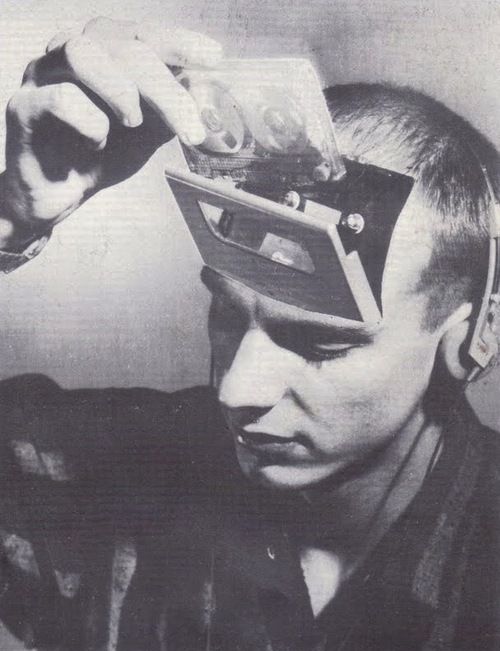The cloud being an extension of our brains and our devices portals into that cloud definitely means we have access to dramatically more information than ever before. No disputes there. Until we develop some way, organic or not, to increase elasticity of human memory without compromising other faculties, we have to prioritize what we remember ourselves and what we “outsource” to machines.
Except that isn’t usually a conscious process, so we may not be deciding as much now what’s stored in us and what’s placed elsewhere. To me, that’s still preferable to life before the deluge of data, with whatever being lost more than made up for by the windfall of knowledge, even if the prioritization of it is transformed.
One caveat: It’s a more complicated situation if the actual process of memorization is deteriorating, not just being altered, by reliance on our external “memory banks.” Is the type of muscle memory an elite athlete learns not being built up in our ability to remember because of the new normal?
I don’t notice it in myself yet. Sure, I’ll reach for something that’s surprisingly no longer there, but my warehouse of facts seems the same in quantity. The inventory is just different, more fitfully filed, though the contents still seem valuable. But I find myself continuing to check, never quite trusting the system.
From Sean Coughlan at BBC:
The survey suggests relying on a computer in this way has a long-term impact on the development of memories, because such push-button information can often be immediately forgotten.
“Our brain appears to strengthen a memory each time we recall it, and at the same time forget irrelevant memories that are distracting us,” said Dr. [Maria] Wimber.
She says that the process of recalling information is a “very efficient way to create a permanent memory.”
“In contrast, passively repeating information, such as repeatedly looking it up on the internet, does not create a solid, lasting memory trace in the same way.” …
The study from Kaspersky Lab, a cybersecurity firm, says that people have become accustomed to using computer devices as an “extension” of their own brain.
It describes the rise of what it calls “digital amnesia,” in which people are ready to forget important information in the belief that it can be immediately retrieved from a digital device.•
Tags: Sean Coughlan

